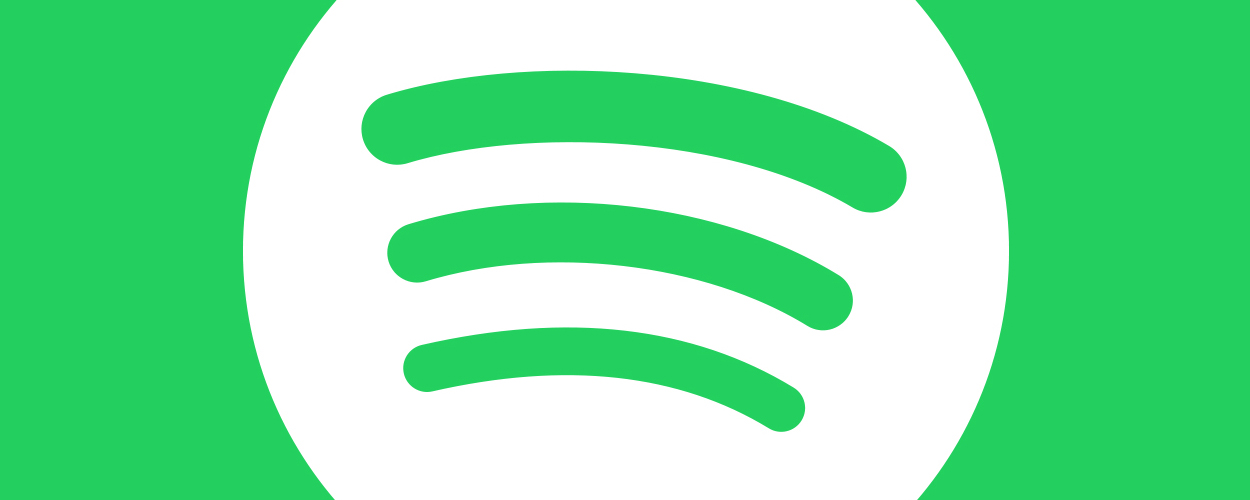This website uses cookies so that we can provide you with the best user experience possible. Cookie information is stored in your browser and performs functions such as recognising you when you return to our website and helping our team to understand which sections of the website you find most interesting and useful.
Business News Digital Media
Spotify allows podcasters to add music to shows (finally)
By Andy Malt | Published on Thursday 15 October 2020

Spotify has invented “a whole new kind of show”. Get this, right: There’s music, but as well as music, there’s also talking. Or maybe it’s the other way around. There’s talking, but as well as talking, there’s also music. Either way, it gets really exciting when you combine the two. And that’s what’s now going to happen, creating something you’ve never experienced before. Except when you did.
“Everyone loves both a great playlist and a highly engaging conversation”, says Spotify, incorrectly. “Today, we’re beginning to test a new listening experience that brings together music and spoken-word content in an easy and elegant package, allowing full songs and talk commentary to live together wrapped up in one show”.
“Think of your favourite drive-time radio show, that music journalist whose insights help you appreciate a band’s leap forward, a DJ whose perspective makes that next track hit perfectly”, it goes on. “Now imagine that you’re able to enjoy that perfect blend of music and commentary whenever and wherever you want, interactively and on demand”.
Yeah, so Spotify has invented online radio, allowing anyone to mix spoken word content and music in one place. If this sounds familiar, it’s possibly because you’ve been on Mixcloud for more than seventeen seconds. Or perhaps you remember when Spotify launched this very feature in 2014, and again in 2015, having borrowed the idea from a company called Playdio, which launched in 2010.
Cynicism aside though, this new thing that’s just been launched is actually quite nicely done. Rather than people pumping spoken word files into Spotify’s music catalogue and then creating a playlist that mixes up tracks and links – which is how it was done in the past – the streaming firm has created a new format that builds on its existing podcast platform.
Basically it makes it easier for podcasters to combine spoken word elements with music chosen from the Spotify library so to create one clean show. When selected tracks are then played by the podcast’s listeners, it counts as a normal Spotify play for that track, with royalties paid to the music industry as normal.
It’s a definite draw for podcasters who want to put music in their shows. To date, doing that with proper licences from the record companies, music publishers and/or collecting societies has been difficult, verging on almost impossible. And podcasts that do manage it can find that licensing costs are prohibitive or that the rules suddenly change. Last month, ‘Song Exploder’ announced that it was removing some episodes from its catalogue due to rising costs.
The downside to all this, of course, is that music-based podcasts created with this new system will only play on Spotify. Which is good for Spotify, in that it’s another way that podcasts create a USP for the platform. But it’s bad luck for any podcasters who were hoping to make their programmes available on all the other podcast platforms out there, which is still the norm in the podcasting domain, despite Spotify’s other efforts to score some exclusives.
Of course, a podcaster could make one version of their show for Spotify and another version for everywhere else, as some people already do with Mixcloud (ie they have a version with full tracks on that platform and without full tracks elsewhere).
Though if other streaming and podcast platforms start offering similar services – which on one level would be a good thing – that would create quite a lot of set-up admin for podcasters as they publish their shows, compared to just pushing the same MP3 onto all platforms.
The music industry could, of course, get around to realising that podcasts are a thing and start offering blanket licences for podcasters in the same way they do for more traditional radio programmes. But that has its own complications. So, the Spotify thing might be your best bet for now.





